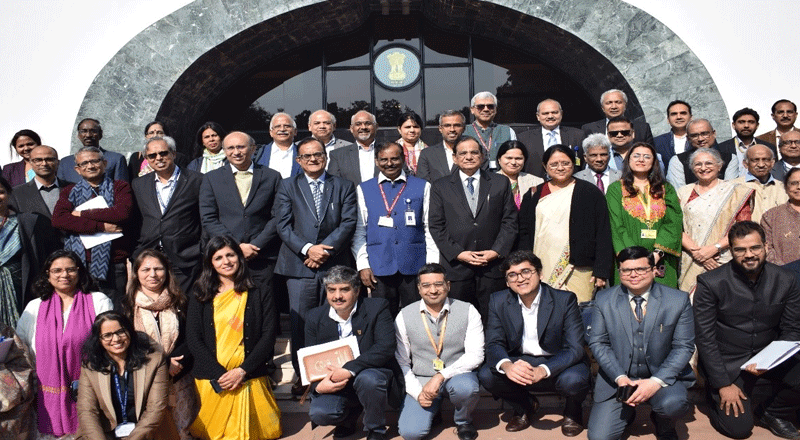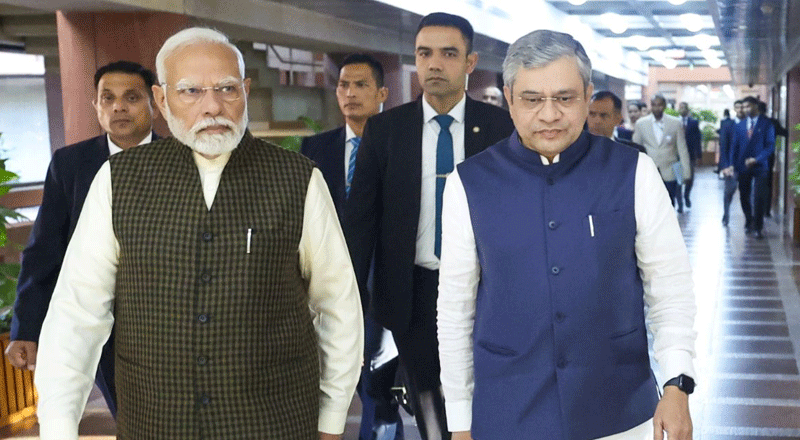- Thousands of Facebook accounts and a number of Instagram accounts were removed by parent company Meta.
- Meta removed 7,704 Facebook accounts, 954 Facebook pages, 15 Facebook groups, and 15 Instagram accounts linked to an influence campaign that targeted the U.S., Taiwan, the U.K., and other countries.
- The network—referred to by Meta as “Spamouflage” was first identified by Meta in 2019 and allegedly originated within Chinese law enforcement.
- “This is the biggest single takedown of a single network we have ever conducted.” – Meta
Thousands of Facebook accounts and a number of Instagram accounts were removed by parent company Meta in an effort to disrupt a Chinese influence campaign, which generated a network to spread positive commentary about China’s law enforcement and disinformation about the Covid-19 pandemic, according to a report Tuesday by Meta.
Meta removed 7,704 Facebook accounts, 954 Facebook pages, 15 Facebook groups, and 15 Instagram accounts linked to an influence campaign that targeted the U.S., Taiwan, the U.K., and other countries, Meta reported Tuesday.
The network—referred to by Meta as “Spamouflage”—was first identified by Meta in 2019 and allegedly originated within Chinese law enforcement, though it expanded over the last four years as more accounts were identified by the company. Hundreds of accounts across other platforms—including TikTok, X, LiveJournal, and Blogspot, among others—also participated in the campaign, Meta said, which posted positive commentary about China’s Xinjiang province—where the Chinese government detained its Uyghur population—and criticisms of the U.S., Western foreign policies and critics of the Chinese government, including journalists and researchers.
The network also attempted to spread false claims that the U.S. was where COVID-19 originated and included a 66-page “research paper” that was “remarkable for its errors,” according to Meta.
The Facebook pages amassed an estimated 560,000 followers, though Meta indicated the accounts were likely spam accounts purchased from Vietnam, Bangladesh, or Brazil. Ben Nimmo, Meta’s global threat intelligence lead, told Reuters the campaign was “large and noisy” and it “struggled to reach beyond its own fake echo chamber.”
Nimmo told the New York Times: “This is the biggest single takedown of a single network we have ever conducted. When you put it together with all the activity we took down across the internet, we concluded it is the largest covert campaign that we know of today.”
The Chinese influence campaign is the seventh that Meta has removed over the last six years, including four over the last year, according to the company. Meta said last year it had discovered a Chinese campaign to interfere in U.S. politics ahead of midterm elections, including posts from fake accounts posing as conservative Americans that promoted gun rights and opposition to abortion rights. Chinese influence campaigns typically rely on “spam” accounts, Meta noted, which tend to post the same comment over several accounts across multiple platforms.
Chinese officials were previously accused of leading disinformation campaigns across social media that targeted Canadian politicians. Global Affairs Canada reported earlier this month that Michael Chong, a member of Canada’s Conservative Party, was likely targeted by a “coordinated network” of WeChat news accounts, which “shared and amplified a large volume of false or misleading narratives” about Chong. The Canadian government noted that while it was “highly probable” that China was involved in the alleged campaign, “unequivocal proof” of China’s involvement is “not possible.”
(With inputs from agencies)





